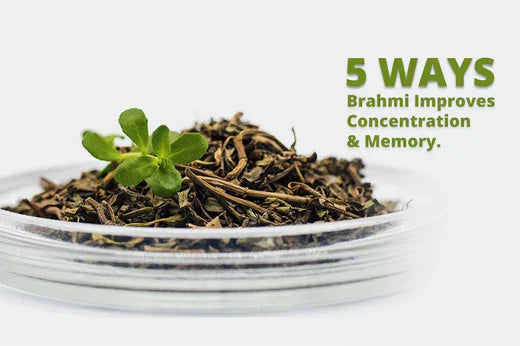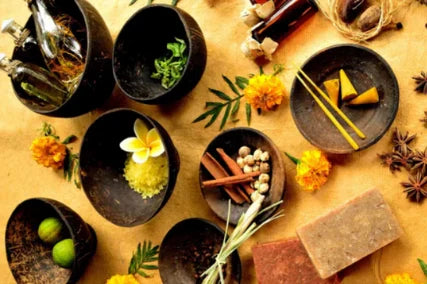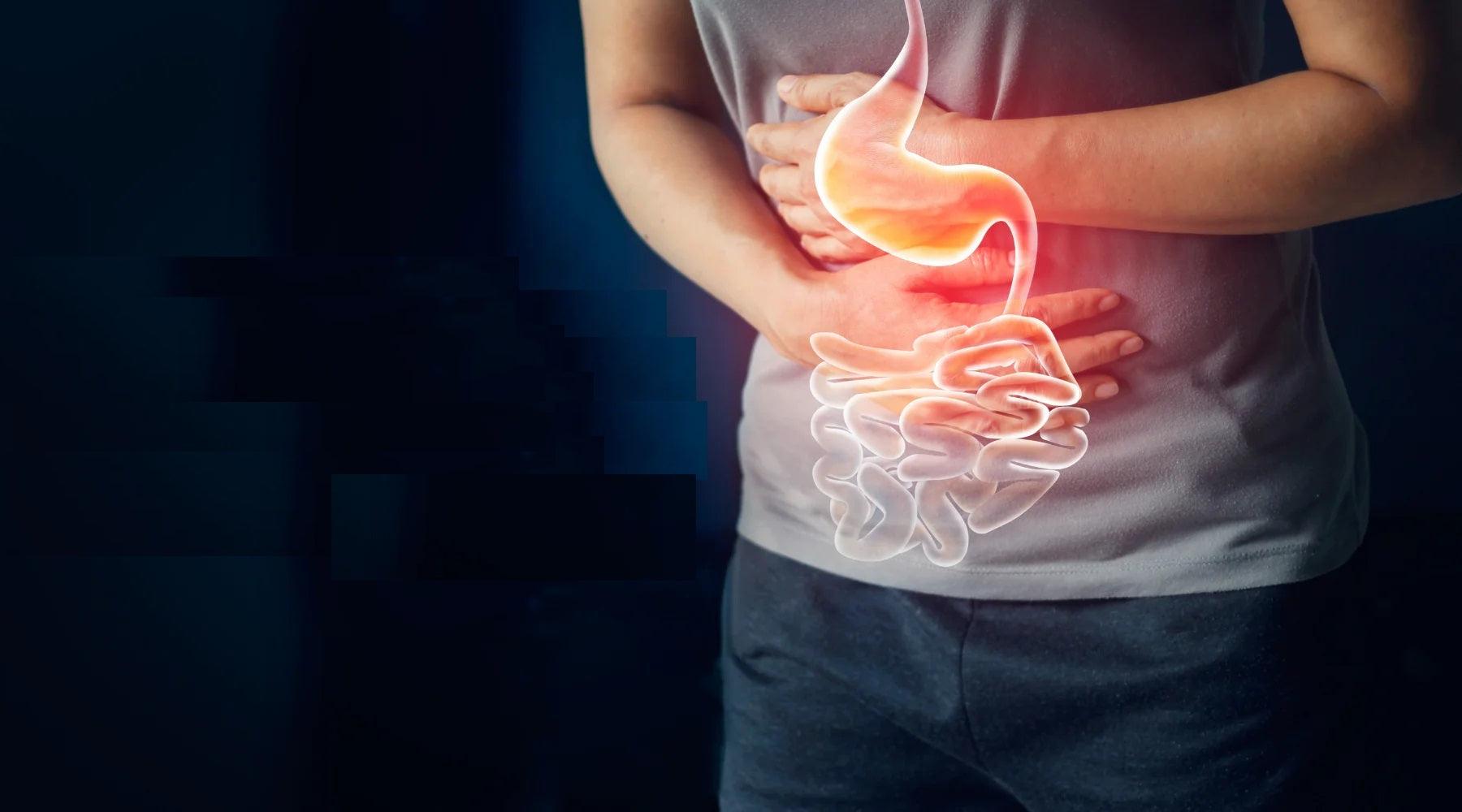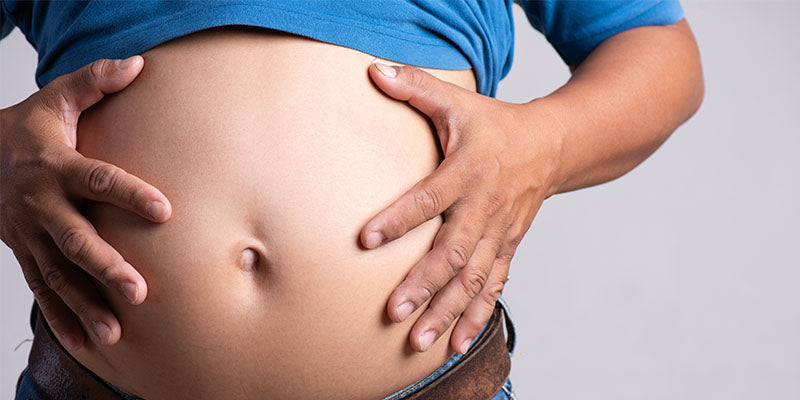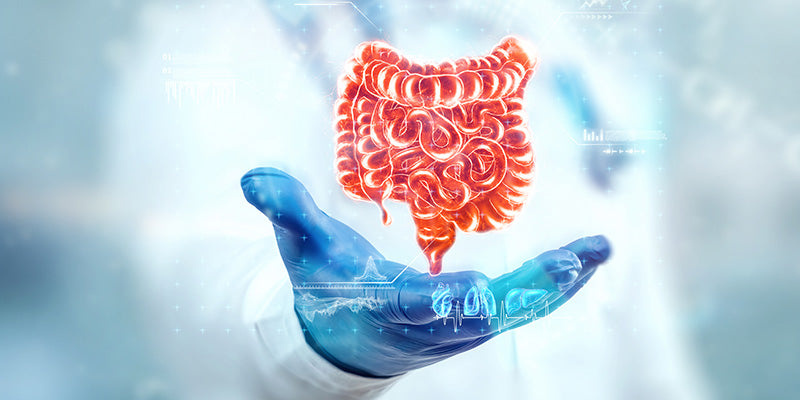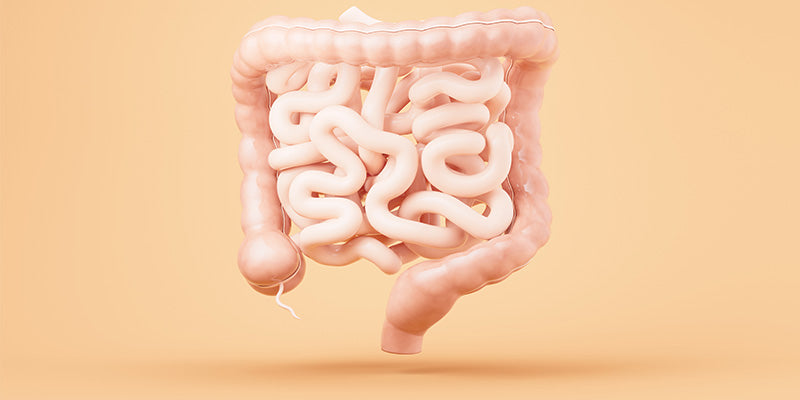Ayurvedic Treatment for Irritable Bowel Syndrome (IBS)
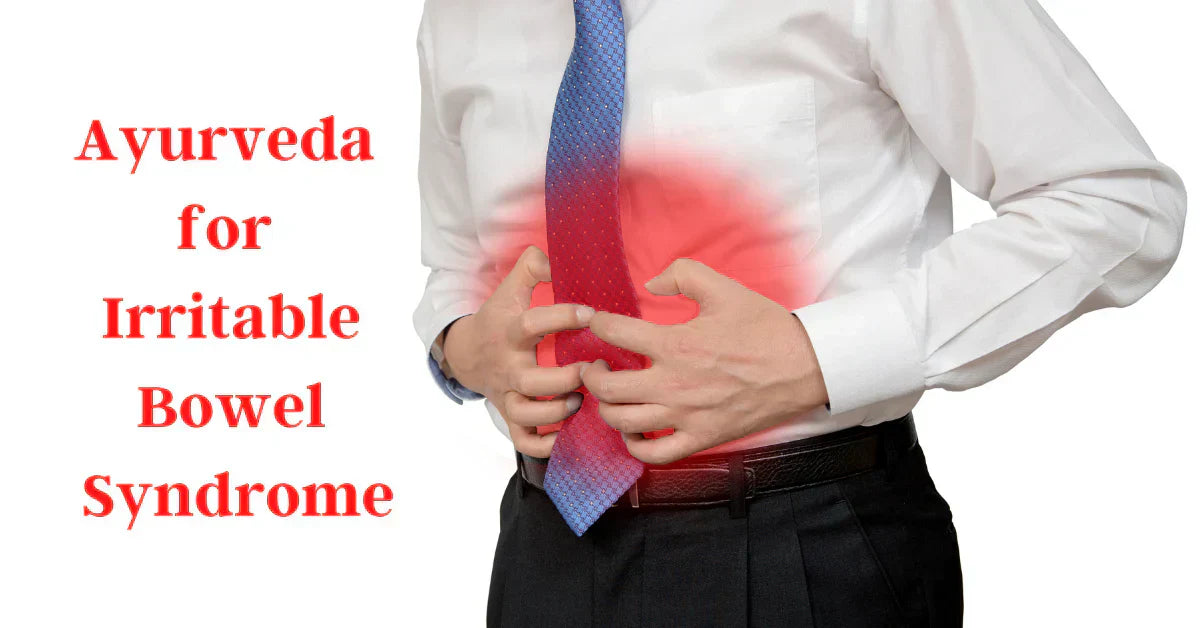
Shashank 28 yr old boy had was suffering from a unusual problem having bowel movement soon after eating something since last 2 years, he tried all the home remedies, took all kind treatments but all in vain - for some time he use to get a momentary relief than back to square or it would convert into constipation. After understanding all his case, I could figure it out that his diet and daily routine have disturbed his Agni ( digestive fire), giving him all the symptoms. It was IBS or Grahani.
Line of Treatment :
- Correction in diet, adequate sleep, and medicine was given to co-kindle Agni, digest AMa and give strength to Grahani ( small intestine)
- Outcome-The patient started feeling improvement in 5 days only
- After a regular treatment for 6 months, now patient is now all fine and without medicines.
Irritable Bowel Syndrome (IBS) is one of the most common reasons for visits to primary care physicians or gastrointestinal specialists. IBS affects many people on a daily basis, impacting their quality of life immensely. Let’s explore what Ayurveda IBS treatment has to say about managing IBS symptoms and how its effects can be mitigated for long-lasting relief.
According to studies, women are twice likely to get IBS as compared to men. There are few factors that can increase your chance of having IBS.
- A family history of IBS
- Stressful or difficult life events as these can trigger IBS symptoms
- Frequent or serious digestive tract infection
What Ayurveda has to say about IBS( Irritable Bowel Syndrome)?
In Ayurveda, IBS is referred to as "Grahani," which means a condition of weak digestion. Agni (digestive fire) is responsible for breaking down food into energy and nutrition. If Agni is weak or imbalanced, it leads to poor digestion, which in turn causes the accumulation of toxins (ama).
Causes of Grahani :
- The disordered function of agni ( digestive fire) is explained.
- After the cure of atisara or those who are suffering from weak digestive biofire, if they consume an unwholesome dietetic regimen leading to further vitiation of Agni along with Grahani due to weak Agni, food remains in the state of Vidagda ( partly indigested); Due to Weak digestive fire, food remains partially digested, and partially digested and undigested food move downward in the GI Tract. This condition is known as GRAHANI
The primary goal in Ayurvedic treatment for IBS keep digestive fire in balance, kindle digestive fire (samagni) (undigested toxins) from the digestive tract, balance the doshas, and strengthen the digestive fire (Agni). This helps in clearing out the toxins and restoring digestion.
Ibs Is characterised by recurrent abdominal discomfort or pain with at least two of the following characteristics: relation to defecation, association with the change in frequency of stool, or association with the change in consistency of stool.
The cause of irritable bowel syndrome is unknown, and the pathology is incompletely understood. But in Ayurveda, it is very well explained and can be correlated to Grahani Roga.
Causes of grahani :
- Disordered function of agni ( digestive fire). This is explained.
- After the cure of atisara or those who are suffering from mild digestive biofire, if they consume an unwholesome dietetic regimen leading to further vitiation of Agni along with Grahani.
Types of Grahani
-
Vatika - caused by aggravation of vata.
Due to positive factors, vata gets aggravated and imbalanced agni, and as a result, agni becomes sluggish and manifests as vataj grahani rog. Patient passes stool frequently with difficulty, which is liquid mixed with hard stool, thin, ama associated with sound and frothiness. It can be correlated with Celiac disease/ Celiac sprue/gluten-sensitive enteropathy/ tropical sprue/ irritable bowel syndrome/protein-energy malnutrition ( PEM) -
Paittika - aggravation of pitta
Due to etiological factors, Pitta gets aggravated and extinguishes agni, like hot water causes the extinction of physical fire, and manifests as pittaj grahani Roga
Symptoms
Excretion of stool which is watery, undigested, either bluish yellow or yellow in colour, foetid and sour eructations, burning sensations in the cardiac region and throat, anoxia, and thirst. It can be related to acid peptic disorder. - Kaphaj - caused by aggravation of kapha
Patient passes stool. Did you split into pieces, mixed with ama and mucu, and heavy; without emaciation patient feels weak and lassitude. It can be related to GERD ( Gastroesophageal reflux disease), malabsorption syndrome. -
Sannipatika- aggravation of tridosha
Presence of etiology and signs and symptomatology of all the 3 varieties of grahani rog are observed in sunnipataj grahani roga
Some of the major symptoms of IBS are that people with IBS face are:
- Experiencing Irregular Bowel habits such as alternating diarrhoea and constipation, improper digestion and undigested food particles passing in motion. Constant urge of motion immediately after meals.
- Pain in the abdominal area
- Distension or enlargement
- Bloating and Nausea
- A sensation of incomplete evacuation with an urge for motion
- Heartburn, Chest pain and dysphagia.
- Few other IBS symptoms can be faced which includes somatic and psychological symptoms such as fatigue, irritability, headache, anxiety, depression, and even urologic dysfunction and gynecologic symptoms.
Causes of IBS / GRAHANI :
- Consumption of unwholesome food, heavy, hard to digest, oily fried, dry food, all imbalances the dosha, which disturbs the Agni. Untimely , inadequate intake of food, like consumption of heavy fried food, overeating, consumption of food that is bad for your gut, consumption of too much fluid, and cold food.
- Eating food at improper timing or skipping meals when hungry.
- Few underlying conditions such as mental factors- too much stress, worry, anxiety, fear, all disturb dosha, leading to disturbed agni, causing IBS, abnormal gut motor and sensory activity, etc.
- Sleeping soon after food intake hampers the function of Agni.
-
Keeping up very late in the night aggravates Vata Dosha.
Ayurvedic Management for IBS
Ayurveda is a holistic and alternate way of treatment for IBS and helps mitigate the adverse symptoms in the most natural way possible. Here are few therapies can can help.
Agnidipana
This process regulates Agni (digestive fire) and reduces ama (toxins). Ayurvedic medicine for IBS helps by using digestive medicines like Dizomap to support healthy digestion and improve nutrient absorption.
Manonukulata
Stress is a major trigger for IBS. Ayurvedic treatment for IBS often includes relaxation techniques like pranayama (breathing exercises) and meditation to calm the mind and reduce the impact of psychological factors on digestion.
Shodhan
Shodhan is a process of detoxification or purification. It involves the conversion of any poisonous drug into beneficial, nonpoisonous/nontoxic elements.
Shaman
This therapy aims to bring balance in the body with the medicines and herbs to pacify symptoms and address the root cause of the disease
Ayurvedic formulations
This involves the usage of ayurvedic formulations made from mainly deepan pachan herbs are used- deepan- that helps kindle digestive fire , pachan herbs - that ensures that it digest the food consumed to prevent Ama accumalation. Herbs like Chitrak is best deepan dravya , Saunf is pachan dravya. Aampachan- Nagarmotha
Nidana Parivarajana
This process involves the process of maintaining a healthy lifestyle with a restricted diet, yoga, and meditation.
Panchkarma
Panchakarma is an ayurvedic detox and this therapy includes enemas that can help cleanse the colon and can provide nourishment to the colon.
Panchakarma therapy for IBS might include
- Abhyanga (therapeutic massage with ayurvedic oils)
- Shirodhara (warm oil therapy on forehead)
-
Chakra basti (warm oil treatment around the naval and associated marma points) to relax the digestive system
Ayurvedic tips for IBS
- Reduce the intake of fried foods, processed foods, meats, oil, as they are heavy/ to digest or incase of lactose intolerance and other fatty foods. If your Agni is weak it will not be able to digest such heavy food causing IBS symptoms like diarrhea and abdominal pain.
- Avoid spicy foods aggravates pitta dosha and thus causing diarrhea.
- Avoid taking too much of raw food like raw salads , beans, sprouts, corn as they are difficult to digest and may trigger your problem instead replace raw salad with steamed vegetables
- In IBS drink herbs infused water like- water boiled with jeera/ nagarrmotha , shunthi ( dry ginger) this kindles agni, digest ama, and make water light to digest. Consuming too much of water with meals dampens agni ( dilutes the medium needed to digest food) keeps food partially undigested and adding to causative factors or IBS. Instead replace water with buttermilk ( lassi) - it ignites agni
- Eat Buttermilk - spiced ( jeera)
- Eat aged rice, jowar, skimmed milk, buttermilk.
- Consuming vegetables like gourds, coriander leaves, lentils like masoor , moong, avoid dals like chana, rajma, chole, grams soup.
- Fruits like wood apple, pomegranate.
- Certain herbs like black pepper, dried ginger, garlic, cumin, hingu (asofetida), Kala jeera ( black caraway), jeerak-cumin these are deepan helps digest - treats anorexia, prevents indigestion bloating good for IBS as works on root cause can help in IBS because of their healing properties. Herb called Kutaj can be used in various forms like kutajavleha, kutajarishta, kutajghan vati etc. Bilva is another powerful herb that can be used in a case of loose motions in IBS and can be taken as bilvavleha, Bilajil and bel juice can be prescribed.
- Don’t forget the important part played by sound sleep in your digestion and overall health.
- Buttermilk, sour gruel also known as kaanji, and arisht like takrarisht, jeerkadyarisht should be taken as a post-meal drink.
Few Important Lifestyle Modifications recommended in IBS
- Increase dietary fiber intake
- Take probiotic foods like curd, kimchi etc.
- Key point is to Identify and remove food intolerances like gluten, lactose, peanuts or some dry fruits, As these can be different from individual to individual.
- Manage stress levels, both physical as well as psychological
- Focus on maintaining a healthy lifestyle
- Learn to eat the right food and prepare to combine food properly which can give you maximum health benefits. In Ayurveda, it is recommended to eat according to the individual’s Prakriti. This simply means that you can follow a diet that is suitable for your body type and according to your Take cleaned ginger, Dried nutmeg mace and with cumin seeds make a mixture by grinding. You may add a very slight quantity of edible camphor too.
- Ginger soothes most of IBS symptoms. You can use it in your morning tea and other drinks.
- Peppermint oil can be very effective as it helps relax the muscles of the gut to improve motility (the passage of food through the gut).
- Aloe Vera is beneficial in the treatment of symptoms of constipation. The anti-inflammatory properties of Aloe Vera reduce inflammation in the gut and can pacify many of the symptoms of IBS.
Ayurvedic Formulations effective in IBS
Note: It is recommended to consult an Ayurveda Expert or Vaidya for individual analysis of symptoms.
For regulating the digestive fire (Deepana-Pachana):
- You can take lawanbhaskar churna/ hingwashtak churna
- Dipakyadi churna
- Hinguvachadi churna
For Indigestion, diarrhea, Pain in Abdomen and cramps(Shoola and Atisara):
- Take suitable for IBS- C and Ambimap for IBS- D
- Ambimap
- Kutaj ghan vati
- Ajmodadi churna
- Nagarmotha churna
- Bilwadi churna
For Constipation (Vibandh), you can take:
- Triphala
For Acidity and heartburn (Sutshekar ras and Prawal panchamrit ras), you can take
- Mahatiktak kashaya
- Amlant
- Trantyadi kashaya
- Kalyanakakashaya
- Kalyanaka ghrita
- Sarasvatarista
For IBS-C (Constipation dominant)
- Herbal laxatives: containing senna, isabgul husk, soft laxatives like triphala / haritaki may stimulate bowel movements.
- Triphala: A natural detoxifier, it helps reduce constipation, abdominal pain and bloating.
For IBS-D ( Diarrhea dominant)
- Chamomile: can be taken in tea, or as a liquid or capsule. It is calming and induces sleep.
- Berry leaf teas: These are made from blueberry, blackberry or raspberry. Full of tannins, these help in reducing inflammation. These teas may reduce symptoms of diarrhea also.
Important IBS-D-vajrasan ( eases digestion) for IBS
These are some of the poses that you can try doing daily and good for IBS- constipation
- Dhanurasana (Bow pose)
- Pavana-muktasana (Wind-relieving pose)
- Marjariasana (Cat pose)
- Adho-Mukha shavanasana (Downward-Facing Dog Pose)
- Ardha-matsyendra-asana (Sitting Half-Spinal twist)
- Bhujangasana (Cobra pose)
Conclusion
IBS affects more people than we can imagine, with unhealthy lifestyle conditions and stress being the primary contributors. Ayurvedic treatments for IBS offer a holistic, natural approach to relieve symptoms, detoxify the digestive system, and restore balance. By incorporating Ayurvedic medicine for IBS, Panchakarma therapies, and lifestyle modifications, women and men alike can find long-lasting relief from Irritable Bowel Syndrome without relying on synthetic medications.
Consulting an expert Ayurvedic practitioner or Vaidya is recommended before beginning your IBS treatment journey to ensure that the treatment is tailored to your specific symptoms and needs.
FAQs
1. What is the best Ayurvedic medicine for IBS?
The best Ayurvedic medicine for IBS includes Ambimap - Ambimap contains potent herbs like guava, bael, dhataki, mocharas, and bhringraj. It soothes the digestive system, promotes well-being, and aids in toxin elimination for smooth gastrointestinal function. Additionally, it fights infections and regulates bowel movements.
2. How can Ayurvedic medicine for irritable bowel syndrome help with IBS?
Ayurvedic medicine for irritable bowel syndrome works by detoxifying the digestive system, balancing doshas, and strengthens agni, reduces inflammation and improves gastro- intestinal function.
3. Can IBS Ayurvedic treatment cure IBS permanently?
IBS Ayurvedic treatment addresses the root causes of IBS by balancing the digestive system, managing stress, and improving diet, potentially offering long-term relief.
4. What are the main causes of IBS according to Ayurveda?
Herbs and food for IBS
Bilva (Aegle marmelos): Bilva is valued for its astringent and digestive properties ( Grahi) reduce intestinal inflammation, and alleviate diarrhea in IBS by strengthening the digestive fire (Agni).
Takra (Buttermilk): Takra is considered a natural probiotic in Ayurveda, pacifying Vata and Kapha, improving gut flora, and aiding digestion, which helps manage IBS symptoms like bloating and irregular bowel movements.
Kutaj (Holarrhena antidysenterica): Kutaj is a potent Ayurvedic herb with anti-diarrheal and anti-inflammatory properties, (Aamhar)- is used to treat IBS by regulating bowel movements and reducing intestinal spasms.
5. Is IBS Ayurvedic treatment safe for long-term use?
Yes, IBS Ayurvedic treatment is safe for long-term use as it focuses on natural remedies and holistic practices that restore balance without side effects.
Popular Posts

Powerful Ayurvedic Immunity Boosters for Daily Wellness
01 Aug, 2025Why a Strong Immune System is Non-Negotiable Today? In today’s fast-paced, polluted, and high-...
Read more
What Are the Benefits of Tulsi? Uses and Side Effects Explained
31 Jul, 2025Tulsi, known scientifically as Ocimum sanctum or Ocimum tenuiflorum, holds a revered place in Ind...
Read more
Safed Musli Benefits: Strength, Immunity & Reproductive Wellness
31 Jul, 2025If you're someone who constantly feels fatigued despite proper rest, finds recovery from physical...
Read more







 Popular Read
Popular Read




